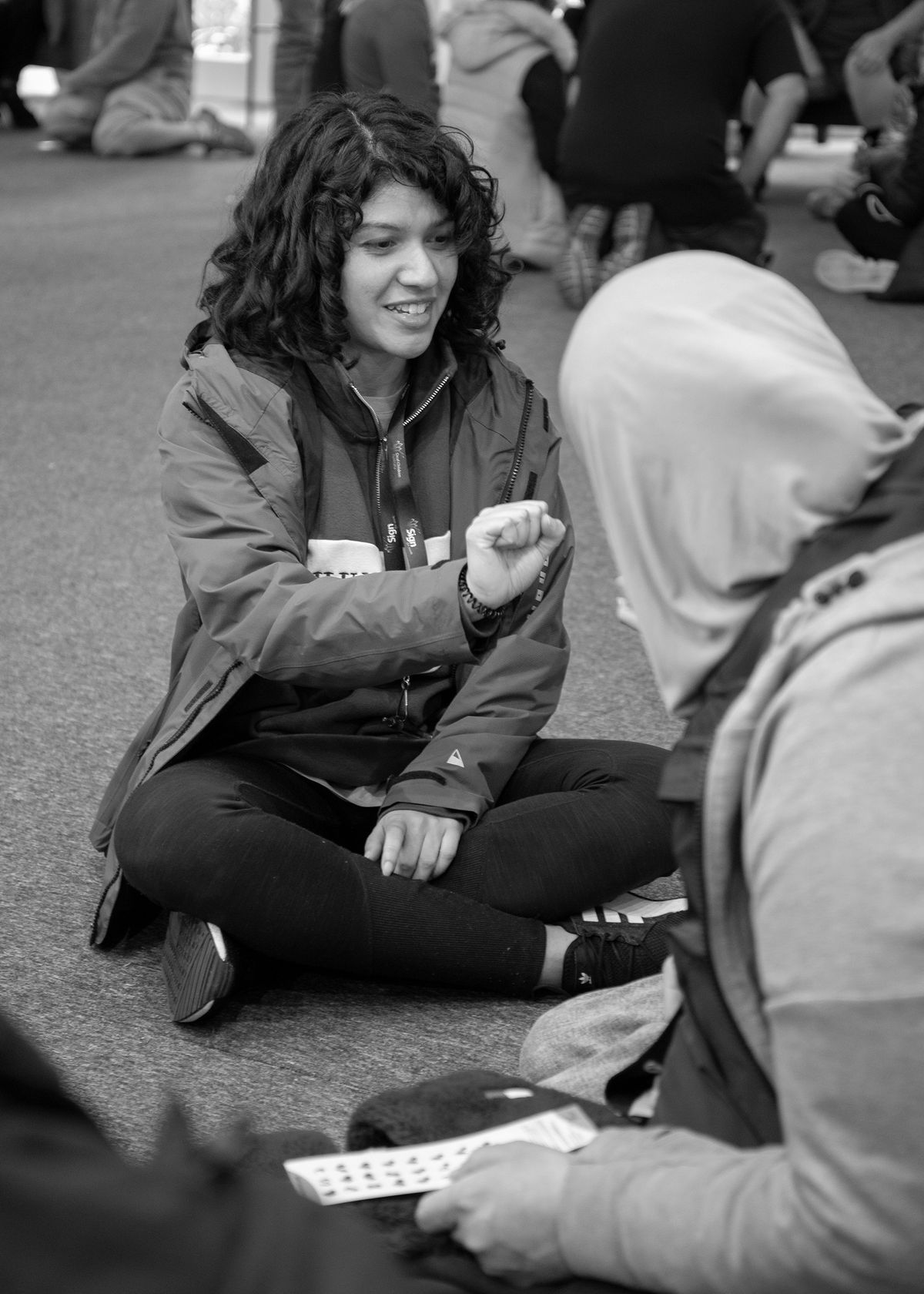Defending Deaf Culture: The Case of Cochlear Implants.
Deafness is recognised as a cultural identity rather than a disability.

What was this paper about?
Throughout the 1980s and the early 1990s, Deaf people protested the use of cochlear implants, especially for young children, who can’t make the decision for themselves.
This perspective rejected cochlear implants as coming from a desire for a majority (hearing) culture to impose its language and values on a minority cultural group (the Deaf). Some critics of cochlear implants have compared ‘curing’ deafness to genocide.
This 2005 paper argues that Deaf culture is endangered, as ‘one day we may live in a world in which no-one needs to be deaf’. It sees cochlear implant technology as aiming to ‘ensure that deaf children grow up using a spoken language rather than the signed languages of the Deaf’. This would reduce the size of the community that communicates in signed languages, and allow children to grow up without connection to Deaf culture, which would lead to the extinction of Deaf culture.
What are the key findings?
- Deafness is recognised as a cultural identity rather than a disability
- Cochlear implants are considered as a ‘cure’ for deafness, therefore a threat to Deaf culture
- It looks at the rights of Deaf parents in relation to their children, and questions the ethics of public funding for cochlear implant research.
Where can I read more about this paper?
Defending Deaf Culture: The Case of Cochlear Implants
Printable 84 KB PDF



